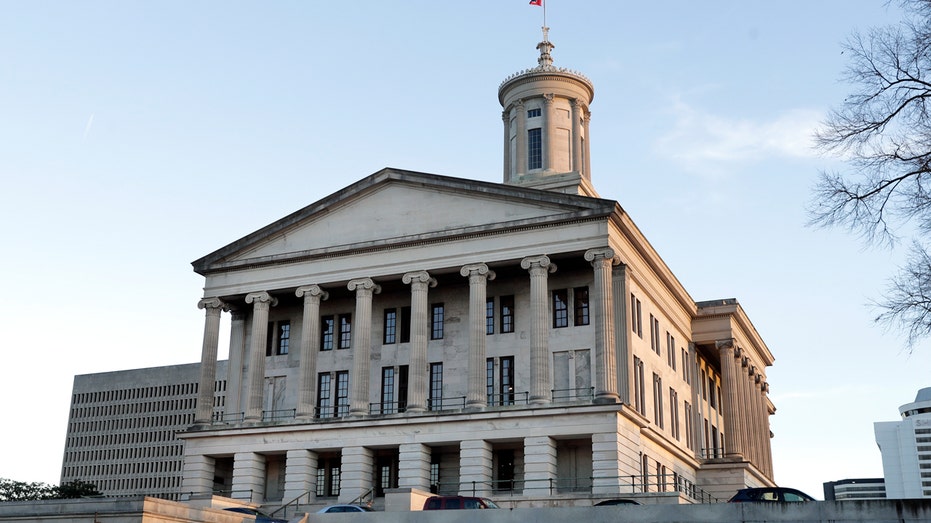Tennessee Bill Sparks Controversy by Allowing Schools to Deny Enrollment to Undocumented Students

Sarah Johnson
March 16, 2025
Brief
Tennessee's S.B. 836 bill allows schools to deny or charge tuition to undocumented students, sparking legal and ethical debates over immigration, education rights, and constitutional law.
A new bill introduced in the Tennessee legislature is stirring up controversy, granting schools and law enforcement agencies the ability to deny enrollment to undocumented migrant students. The legislation, known as S.B. 836, explicitly states that a public charter school or law enforcement agency "may enroll, or refuse to enroll, a student who is unlawfully present in the United States."
Republican Senator Bo Watson, the bill's sponsor, defended the proposal as a cost-saving measure for the state. He explained that the bill was amended to allow—rather than require—school districts to charge tuition for undocumented students seeking enrollment. "This legislation says, if you are not able to prove your lawful residence here, a local LEA may charge you tuition for attendance, which addresses the physical nature of this legislation. This is not about denying education to those students," Watson said in remarks to Fox Chattanooga.
However, the proposal directly challenges the U.S. Supreme Court's 1981 ruling in Plyler v. Doe, which guarantees funding for all students seeking public education, regardless of immigration status. Critics have been quick to call out the bill's potential legal issues. Immigration attorney Brittany Faith described it as "blatantly unconstitutional" and accused its proponents of attempting to provoke a legal battle aimed at overturning Plyler v. Doe.
Faith also raised concerns about the bill's tuition provision, noting that Tennessee's sales-tax-based revenue system means undocumented immigrants contribute to public education funding just like legal residents. "Because of that, they're paying the same amount of taxes that go towards the public education system that somebody who is in legal status does," she pointed out.
The bill has fueled an already heated debate over immigration and education, drawing both criticism and support. While some see it as a practical measure to alleviate financial pressure on the state's schools, others view it as a troubling step backward on constitutional and human rights grounds.
Topics
Editor's Comments
This bill feels like a legal hornet's nest waiting to be kicked. Not only does it contradict a landmark Supreme Court decision, but the idea of charging tuition to kids who already contribute to school funding through taxes is eyebrow-raising. If the intention was to start a fight over education rights, mission accomplished.
Like this article? Share it with your friends!
If you find this article interesting, feel free to share it with your friends!
Thank you for your support! Sharing is the greatest encouragement for us.



